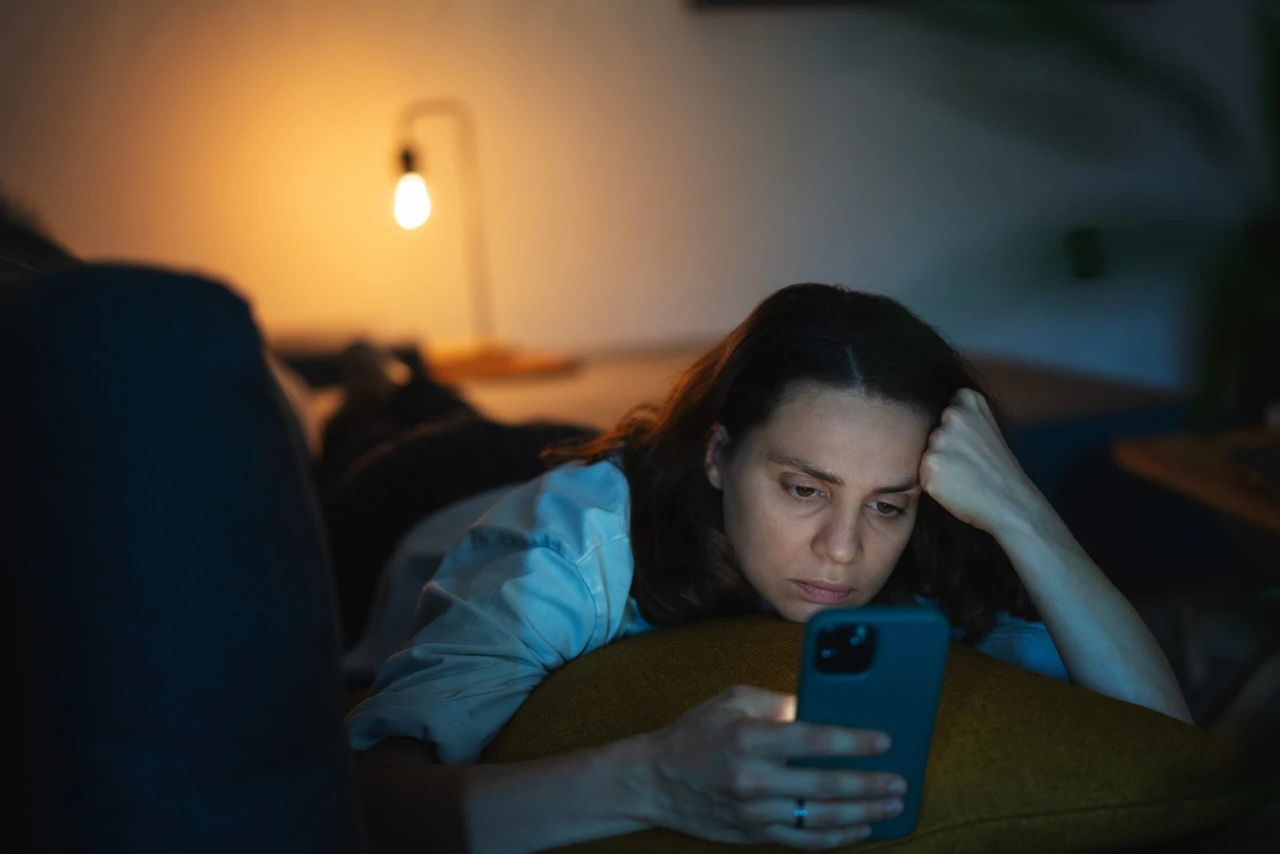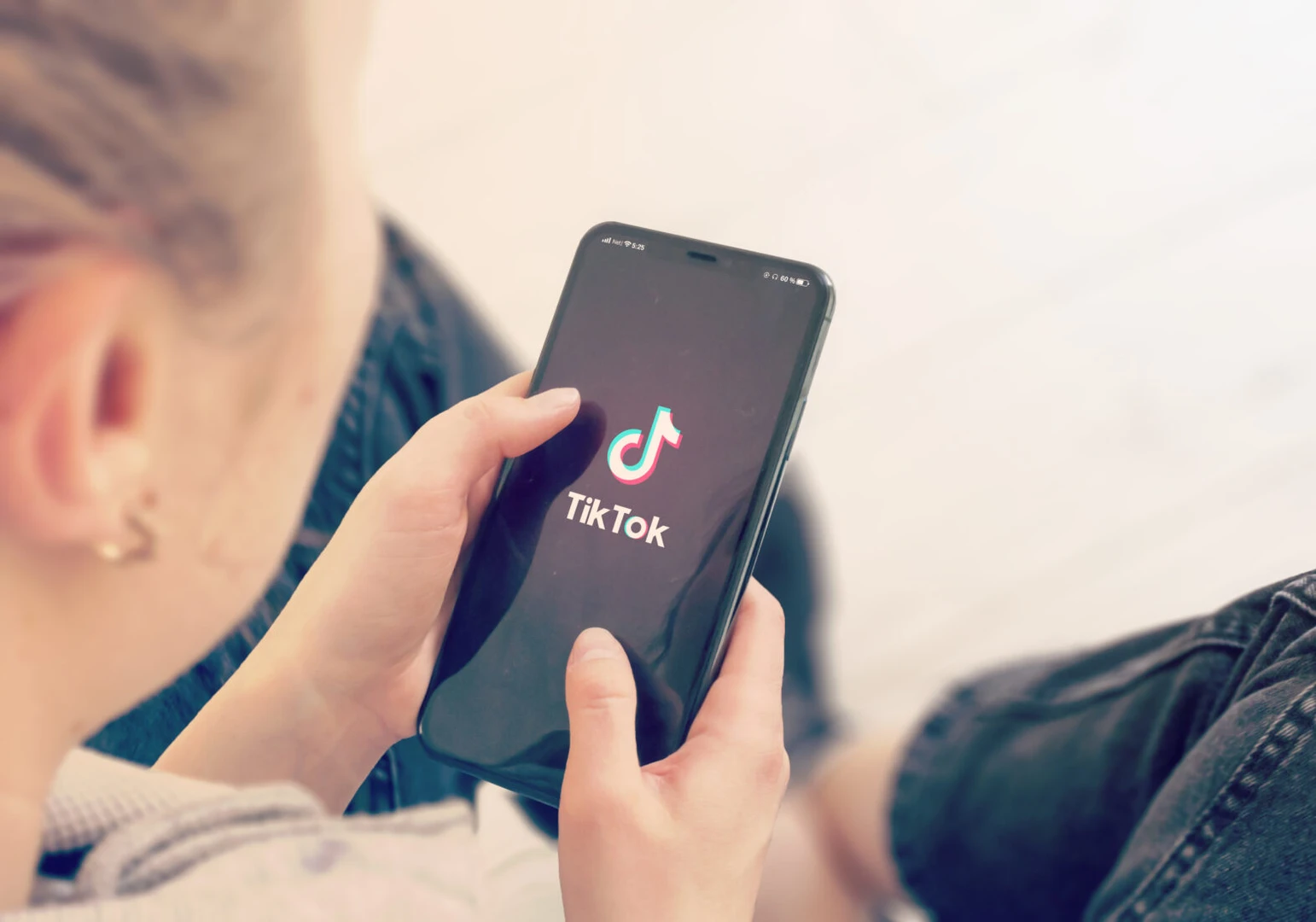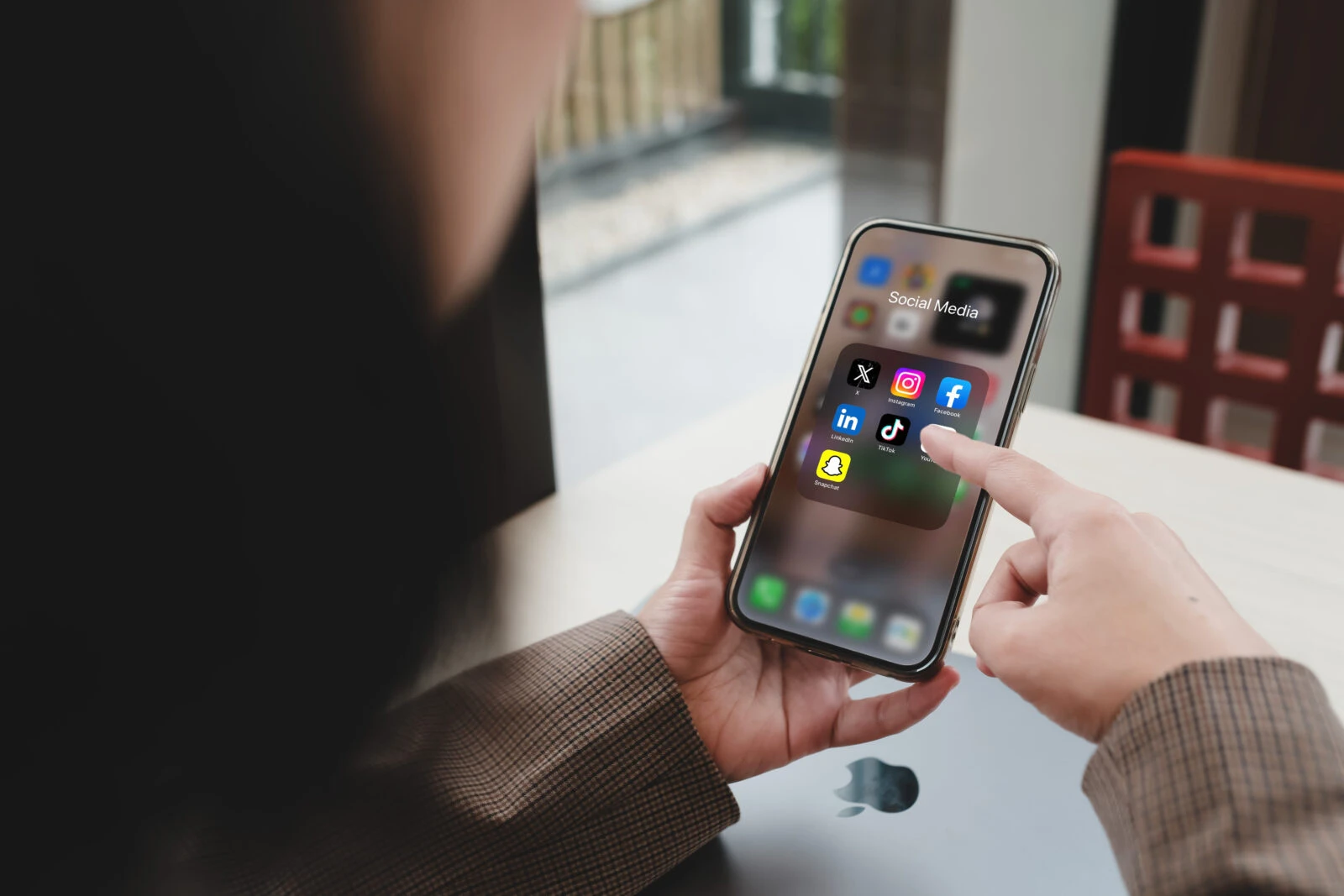The epidemic of doomscrolling and ‘no turning back’
 A woman in dim lighting looking stressed while checking her phone late at night, exhibiting signs of digital anxiety or doom-scrolling behavior, accessed on April 26, 2025. (Adobe Stock Photo)
A woman in dim lighting looking stressed while checking her phone late at night, exhibiting signs of digital anxiety or doom-scrolling behavior, accessed on April 26, 2025. (Adobe Stock Photo)
The epidemic of doomscrolling has swept through our society because a piece of bad news spreads faster than optimistic news. A Wi-Fi blacked-out cabin serves as a confinement area.
Doomscrolling functions as an unhealthy online behavior through which most of us spend prolonged periods viewing negative content on social media. Every day brings a fresh digital horror show of political chaos, economic disaster, and environmental crises, which unfortunately we can’t escape.
Doomscrolling functions as a destructive force that damages our mental condition through every scrolling motion we perform. Despite being aware of it, most individuals, including myself, persistently consume negative content.

Everyone feels the growing stress because of this phenomenon. Exposure to continuous negative news creates progressively stronger feelings of stress, along with anxiety and depression, in people. In the opinion of the American Psychological Association, “news fatigue” exists as a mental health condition that develops from excessive consumption of damaging news, according to their reports.
But it doesn’t stop there. The compulsive act of doomscrolling leads to physical health problems. Research demonstrates that spending too much time looking at screens together with anxiety-causing media content results in eye discomfort, hormonative sleep patterns, and cardiovascular elevation. Sound familiar?
It’s almost as if we’re unintentionally practicing self-harm, all for the sake of staying “informed.” The more we scroll, the more our minds and bodies pay the price. And yet, somehow, we can’t stop.
And here’s the kicker: even though we know it’s unhealthy, even though we feel the mounting anxiety, we keep going. Humans develop an addiction to chaotic circumstances, similar to how moths continuously return to firelight. We need to know what’s going on, even when we already know that the news will only make us feel worse.
But here’s the good news—there is a way out. It’s called media literacy.
Before you roll your eyes and say, “Not another buzzword,” hear me out. Media literacy is not just about learning to “read” media—it’s about learning to decode the media we consume. It’s about stopping, reflecting, and asking the right questions.

Who is behind this content? What’s the agenda? Why is this particular story being emphasized? The questions are endless, but the point is, we need to start asking them.
Let’s be clear: this is not a call to quit social media or stop following the news. The plea urges people to avoid making information consumption passive. Discernment allows us to develop purposeful media interaction that will enhance both our mental health and relations and physical condition.
The National Institutes of Health’s psychological research has shown that critical thinking can help mitigate the effects of news overload. Reflection time on our intake boosts our brain’s rational processing capabilities to absorb information more effectively.
Instead of mindlessly absorbing negative news, we can start questioning its impact. Through this content, what emotions does it invoke inside me? Why am I reacting this way? What emotions, together with hidden prejudice, does this content activate within the audience?

The American Psychological Association has also demonstrated that consuming news more mindfully can reduce feelings of helplessness and stress. The study conducted at the University of Pennsylvania revealed that minimal social media usage during one week reduced participants’ levels of depression and anxiety.
This study reveals that seven days of phone detention results in enhanced mental health benefits for everyone. Digital technology produces harmful effects on the health of human beings. Shocking, right?
Now, let’s talk about relationships. The practice of doomscrolling creates destructive effects not only for your mental processes but also for your interpersonal relationships. Diving deeper into negative virtual content pushes our relationships further away from the people we know and interact with.
Analysis from the Pew Research Center reveals that relationship problems will probably arise when partners spend excessive time monitoring their phones, which leads to relationship dissatisfaction as well as relationship conflicts.
Our fixation with the digital crisis makes us lose sight of the individuals standing in our physical presence. Bell hooks describes the core detriment of doomscrolling, which disrupts our present existence along with our social bonds with others and crucial encounters.

Media literacy provides solutions when dealing with these challenges. The essential lesson of media literacy helps people identify useless content so they can concentrate on genuine matters.
Media literacy provides us with the capabilities to identify how sensationalized headlines, along with emotional appeals and misleading stories, try to control our thinking.
Our reality will no longer disappear because we can teach ourselves to avoid algorithms controlling our perspectives and emotional responses. Instead of reacting emotionally to every breaking news story, we can engage with the media in a more reflective, balanced way. We need to act only after reasoned analysis and mental health recovery are achieved.
Let’s face it—doomscrolling is here to stay. The activity comes with the displeasure of unwanted guests. Although doomscrolling exists, it should not control our lives. Media literacy education enables people to handle digital information without cognitive damage.
We can learn to consume information in a way that doesn’t trigger stress, anxiety, or relationship problems.
We get to recover our valuable resources of time and energy so we can prioritize true priorities, which involve our wellness, our people, and our inner contentment.
In a world where the news cycle is designed to keep us hooked in the shape of infotainment, media literacy is the lifeline we all need. It’s high time we stop being passive consumers and start being active participants in our digital lives.
Because, let’s be honest: if we don’t, we’ll keep scrolling ourselves into oblivion. And trust me, that’s one ride none of us wants to be on.



